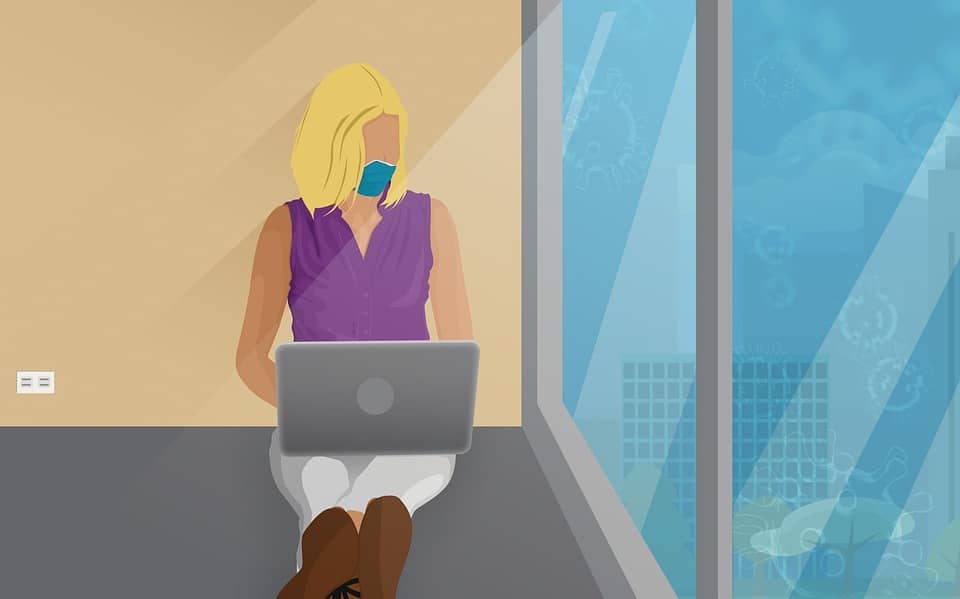Covid-19 has changed almost every aspect of daily life. You can’t leave the house without a mask, touching anything gives you an added flash of germ fear, and zoom calls have been at an all time high. However, the biggest change for most has been the switch from a 9-5 office job to long term work from home.
Pre-lockdown, WFH positions were coveted, the idea of working from the comfort of the couch, having a favorite Netflix show playing in the background all day the mark of an easier, stress free life. However, 6 months into the pandemic, most businesses still closed, travel largely suspended, and many companies projecting WFH to continue until 2021, WFH is starting to feel like a never ending work day with no escape.
For starters, most people’s homes are not set up for a full 8+ hour workday. There is a lack of space for a full desk (for many apartments in large cities), the pesky problem of roommates or family members also trying to live and work in the same space, or the opposite, no one to break up the monotony of working alone. Offices aren’t perfect, but they offered a chance for a community and culture where one could grab drinks with friends, share inside jokes after a meeting with higher ups, and easily work together on projects for advancement. WFH can offer many comforts, however the lack of a specific routine has been leaving many employees feeling stifled.
According to a survey by the global financial services company Jefferies, 61% of more than 1,500 respondents said they would return to work immediately if they could. If someone told me back in February, people would be itching to get back into their offices I wouldn’t believe them. But the fact of the matter is, when it comes to working from home, many employers have crossed over the line of workplace and home life boundaries. In the workplace you can (and should) be able to leave the office and not check your email until the next day. However, with people working from home and all the challenges that come with separation from a team, work has bled into home, and work seems to expect constant contact, even after hours. Besides the fact that home is now the office, many workers feel the need to go above and beyond, as WFH is continued to be viewed as a “mini vacation” when in fact, dealing with this upheaval along with the stress of a pandemic has made work days more difficult, even from the illusioned comfort of home.
I guess this year, many of the workforce has learned that you can have too much of a good thing. Thankfully, many businesses are slowly opening back up and while many offices might stay closed until 2021 or permanently, other options are becoming available such as coffee shops, book stores and, of course, co-working!
